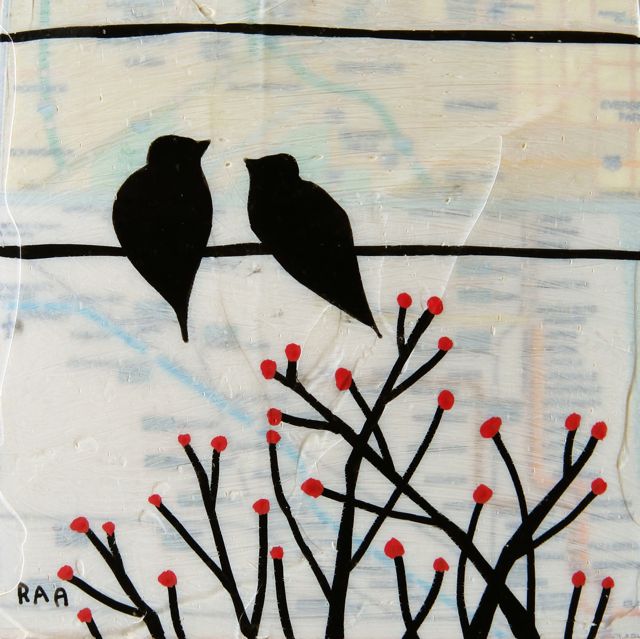
Our Work is Guided by Four Principles of Holistic Psychotherapy.
One: Wholeness is ever-emergent.
I am trained in the Humanistic-Existential and Transpersonal traditions. Thus, I hold a fundamental assumption about humanity and my work: All people are inherently healthy, innately whole, essentially perfect, and precious, even as they suffer with the often challenging circumstances in their lives, including painful aspects of their own personalities and ways of being, and relationships that may be hurtful or less than satisfying.
As a function of that foundational principle, I avoid the use of pathologizing terminology, or a “disease model,” for conceiving of human experience. Instead, I approach all experience as what I like to call “Wholeness trying to happen.”
Our work together is to try to discover how that process is unfolding in the here-and-now, even if it may be doing so in less than helpful or unpleasant ways, and to do everything we can to identify whatever barriers to wellbeing we may find so we might choose together how to address them.
Two: Mind, body, Spirit & relationships are co-creative.
These four exist in an interdependent, systemic relationship which is irreducible to any one alone. That is to say, focusing on any one of these aspects in isolation to the neglect of the other three is likely to be less helpful than working with the whole person. For example, clinical research has shown that taking psychiatric medicines (addressing the body) as stand alone therapies without simultaneously addressing the underlying causes of suffering in psychotherapy (addressing the mind) is generally less effective, and sometimes potentially harmful, when compared to a combined approach (addressing mind and body simultaneously). Thus, with your consent, I may refer you to or consult with other professionals as appropriate, ranging from primary care physicians and psychiatrists to nutritional counselors and body workers, as I think they may complement our healing journey.
Three: Attuned relating heals body and mind.
I don’t conceive of either the body or the mind as isolated entities or even as an isolable duet–even though it might appear as though our bodies and minds are totally separate from those belonging to others. For example, attachment and neuroscientific research have both suggested that the degree of security and attunement we experience as infants and young children has a profound impact upon how our brains develop, which in turn influences the level of flexibility and integration in our mental functioning. This dictates in large part how we are able to show up in relationships as we grow into and move through adulthood. Ideally, we would be secure in our relationships with ourselves and others from the time we are in-utero. Of course, this is often not the case, even in the best of circumstances. The good news is that modern neuroscience has also shown us the brain is “plastic,” that it is malleable and changeable, throughout the lifespan, and that we can often repair our attachment-based “wounds” in the safety of attuned partnerships–with lovers, close friends, or skilled psychotherapists.
Awareness is the Ultimate Medicine.
For thousands of years, contemplative traditions from around the world have demonstrated the profound power of spiritual practices, ranging from intercessory prayer to different types of yoga to a variety of meditative disciplines. I am particularly interested in the benefits of cultivating mindfulness, and positive states like compassion, gratitude and forgiveness, given the modern scientific research supporting their therapeutic benefits. However, I am also interested, when appropriate, in working from a different place–a place of deep, non-dual, spiritual inquiry into the unconditioned nature of reality and what we tend to automatically imbue with power and meaning in our conditioned, day-to-day existence.
The art on this page is included with the generous permission of the artist, Rachel Ann Austin. You may see it in my office, or at Rachel’s website.